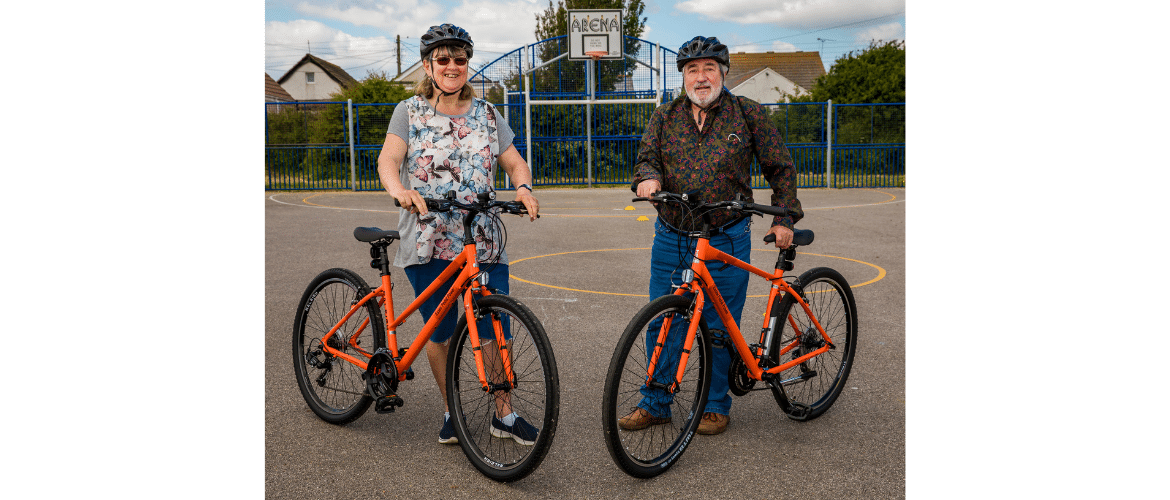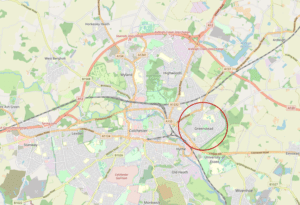The Story of Essex Pedal Power
Essex Pedal Power (EPP) is a pilot community-based free bike scheme that has been set up in Clacton and Jaywick Sands. This stemmed from the knowledge that local residents had a desire to be able to cycle along the seafront. However, one of the biggest barriers to cycling is the cost of a bike. The local area (Tendring) is ranked the most deprived of all Essex districts and Jaywick contains the most deprived area in the country when considering indices of deprivation, meaning it is very difficult for residents here to access cycling.
We initially considered setting up a bike loan scheme (e.g., Boris Bikes), however, such schemes are extremely costly to implement and require a large number of people to run (storage / collection of bikes etc.). We looked at what was working elsewhere and heard of the inspirational story of Big Birmingham Bikes, a scheme set up to provide free new bikes to the most deprived areas of Birmingham. This aimed to overcome barriers to cycling and increase sustainable transport for those who are usually excluded, as well as improving the health & well-being of residents and encouraging cycling around the city. This led to the desire to set up a similar scheme here in Essex, which would be based on replicating and adapting the good practice that had been implemented by The Active Wellbeing Society (TAWS) in Birmingham.







